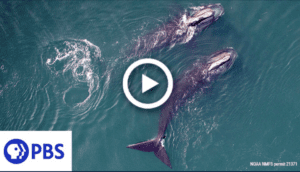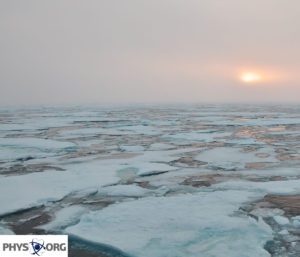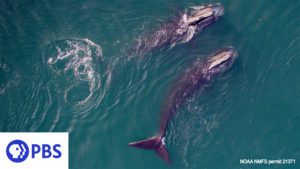WHOI in the News
A Powerful Climate Solution Just Below the Ocean’s Surface
New York Times
‘The public wants certainty’: why have Americans stopped trusting in science?
The Guardian
Five Isotopes Found in Pilgrim Water Samples
The Provincetown Independent
State tests: At least 5 radioactive materials, plus PFAS, in water at Pilgrim Nuclear Power Station
WCAI
Climate-change ‘fingerprint’ is identified in the upper atmosphere
physics world
To find right whales, some scientists want to find their food’s food
WBUR
NCEI and WHOI Begin Research Collaboration
eco
First Observational Data About The Beaufort Gyre Could Signal Massive Freshwater Release
deeper blue
Indisputable evidence of human-caused climate change
earth.com
First observational evidence of Beaufort Gyre stabilization, which could be precursor to huge freshwater release
Phys.org
Hope vs. rope: Can technology save the whales, and Maine’s lobster industry, too?
Press Herald
The invisible pollution harming the ocean, and us
China Dialogue Ocean
NOVA: Saving the Right Whale
PBS

In this NOVA story, experts from WHOI, Center for Coastal Studies, and NOAA are among the specialists determined to save this critically endangered species.
https://www.pbs.org/video/saving-the-right-whale-nuzjab/
The Six Moons Most Likely to Host Life in Our Solar System
Scientific American
A Marine Scientists Debunks A Myth About Eating Oysters
Inverse
Can Iceberg Surges in the Arctic Trigger Rapid Warming at the Other End of The World?
Inside Climate News
Ocean El Niño monitor gets an upgrade
Science.org
Sea change: How melting ice is disrupting the world’s oceans
NPR
Beyond the poles: How melting ice affects everyone
NPR
$300K Grant Looks To Limit Single Use Plastics In Cape Cod Service Industry
Falmouth Patch
Woods Hole researchers use robot to study endangered emperor penguins
CBS News Boston
See the Pristine Coral Reefs Found off the Galápagos Islands
Smithsonian Magazine
California researchers attempt ocean climate solution
AP
Scientists discover pristine deep-sea Galápagos reef ‘teeming with life’
The Guardian







